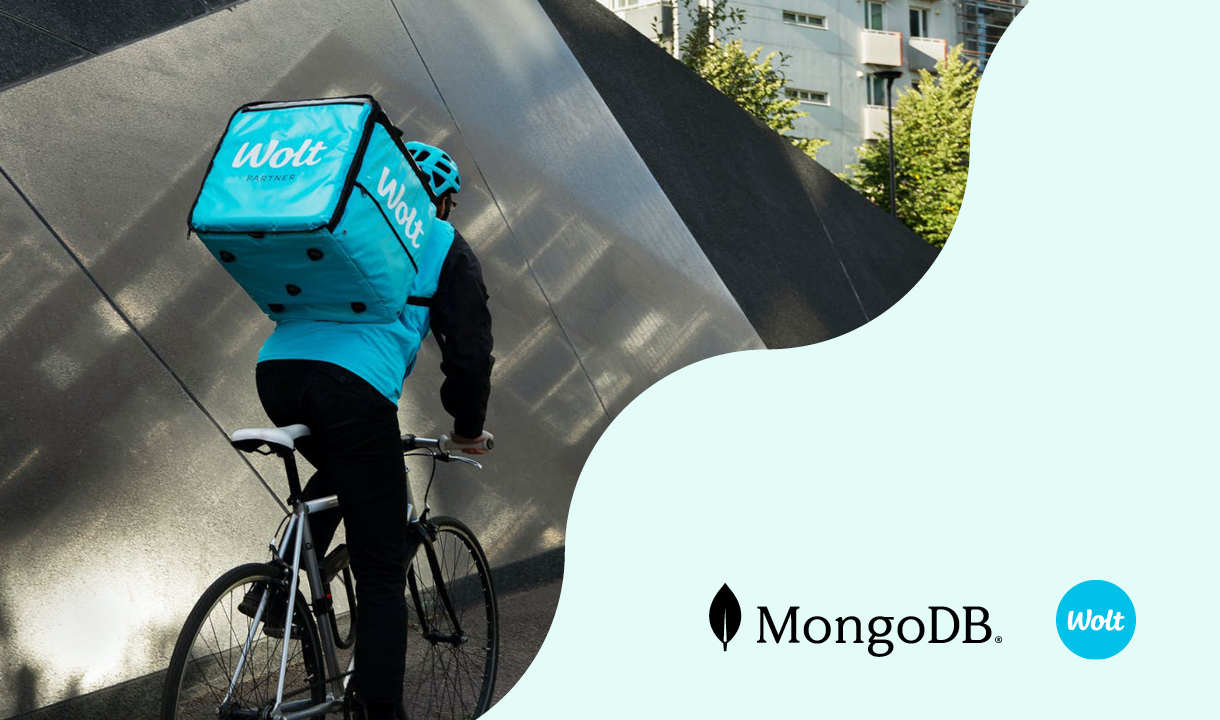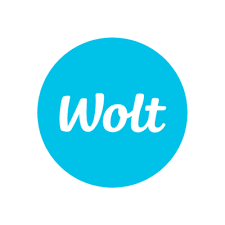Wolt scales their delivery platform with MongoDB Atlas


“With MongoDB we can design and build without limits. Our platform supports restaurants and retailers of all sizes, while giving consumers the same fast and convenient experience. We’re excited to keep developing on the platform and releasing new functionality to make city life better for everyone.”
Sobit Akhmedov
Staff Engineer, Wolt
Staff Engineer, Wolt

“MongoDB Atlas has nearly infinite scalability and can handle heavy reads and writes without lagging. MongoDB was the right decision for us in 2014, the right decision now, and will support our future business endeavors without significant re-architecting. In fact, we can innovate at a much faster pace.”
Sobit Akhmedov
Staff Engineer, Wolt
Staff Engineer, Wolt
Take the next step
Get access to all the tools and resources you need to start building something great when you register today.
.svg)
